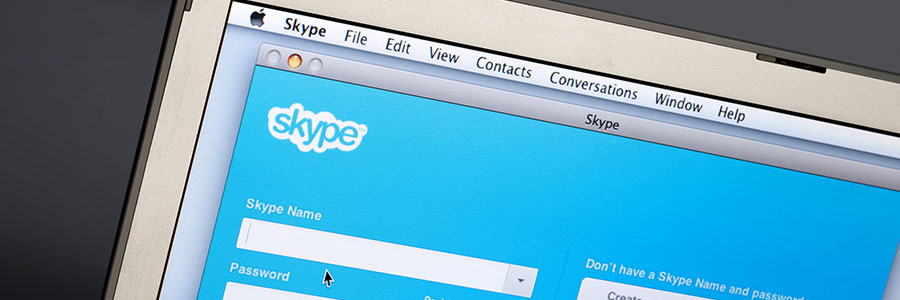The time has passed when small businesses had limited options for internet-based phone calls. Today, there are so many affordable and feature-rich VoIP solutions, and picking the right one often feels overwhelming. The ideal choice will be different for every business, but understanding a few key variables should help you significantly narrow down your options.
How to choose the right VoIP solution
Why is Skype’s new feature so important
How will AI impact internet telephony?

Automating business processes is a necessity for most organizations. While the human element is still important, automation increases time to market and saves money. And because telecom is an essential part of businesses’ operations, AI developers are introducing advances in VoIP telephony that will take automation to a whole new level.
Which VoIP service suits me the most?

Should your business deploy a cloud-based or on-premises VoIP system? What’s the difference between software-based VoIP and its mobile counterpart? Which type of VoIP services will suit you most? Featured below is a compilation of all VoIP options and their details to help you answer those questions.
2018 VoIP developments you need to know
VoIP options: Open source vs. Proprietary

Voice over IP (VoIP) upgrades are the clear choice for businesses that want to cut telecommunications costs and improve customer service. It’s a versatile technology with incredible customizability, and although we do most of the work for you, it’s important to understand the difference between proprietary and open-source systems.
Unified Communications Explained
What’s happening to Skype for Business?

Microsoft unveiled plenty of new developments and upgrades during last month’s Ignite conference, but one that shocked many users is what’s happening to Skype for Business. The tech giant confirmed that they are phasing out Skype for Business and going all in on their new collaboration platform, Microsoft Teams.
Should you use Voice over IP?
How to protect your VoIP system from phishing

VoIP (Voice over Internet Protocol) makes business communications simple and inexpensive. Naturally, shrewd scammers have found a way to use VoIP as a means to carry out ‘vishing scams,’ a new type of phishing whereby fraudsters make phone calls, pose as a business or financial partner, and request private details.





